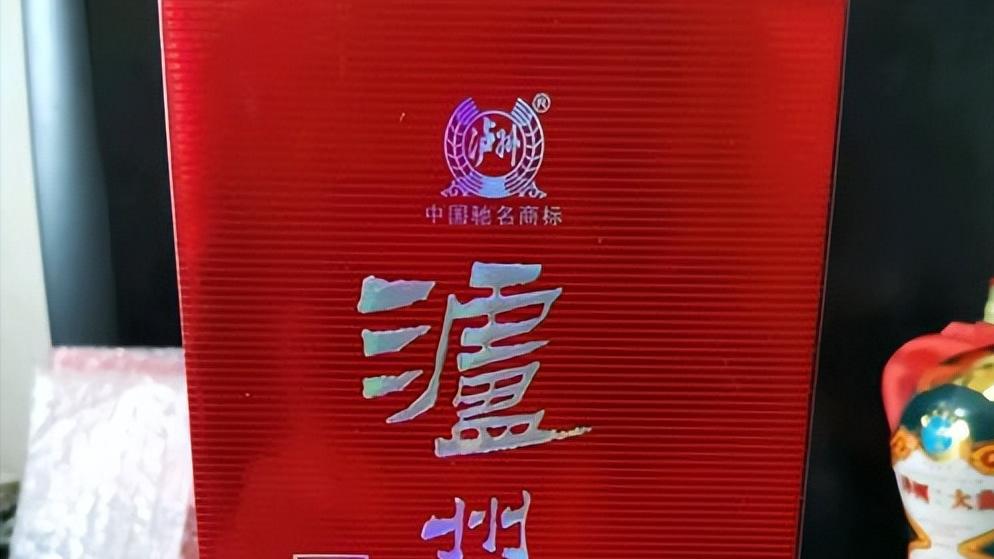【owingto和dueto用法上的区别我在词典中解】

文章插图
owing to 由于,因为,幸亏,归功于例句有:1.Some impatience was exhibited owing to the non-arrival of the speaker. 由于讲演人未到, 听众显得有些不耐烦 。2.Owing to graft, the manager of this company was discharged from his post and prosecuted. 由于tan污, 这个公司的经理已被撤职查办 。3.He, tool was sorry then that, owing to her backwardness, he had not observed her; and with thatin his mind he left the pasture. 此时,由于她的退缩不前,他也为自己没有注意到她而感到遗憾;他心里就带着这种遗憾离开了牧场 。due to adv. 由于;应归于例句:1.The traffic accident was allegedly due to negligence. 这次车祸据说是由于疏忽造成的 。2.To some extent, this is due to the nature of the world around it. 从某种程度上来说,这是由于世界的周围局势所决定的 。due to, because of与owing to的区别三者均可表示“由于”、“因为”,按照传统语法:due to 主要引导表语,而 because of, owing to 两者都主要引导状语 。如:His illness is due to bad food. 他生病是由于吃了不好的食物 。The accident was due to careless driving. 这次车祸起因于驾驶疏忽 。He can’t come because of the bad weather. 他不能来是因为天气不好 。Owing to the rain, the match was cancelled. 比赛因雨被取消了 。但是在现代英语中,due to 也可用来引导状语,而 owing to 也可以用来引导表语 。如:由于交通拥挤他迟到了 。正:He was late due to [owing to, because of] the very heavy traffic.正:Due to [Owing to, Because of] the very heavy traffic, he was late.because of 通常只用来引导状语,若引导表语,主语通常应为代词 。如:It is all because of what you said. 那完全是因为你说的话 。
推荐阅读
- 喝白葡萄酒对身体有什么好处和坏处 关于喝白葡萄酒对身体有什么好处和坏处
- 海参蘸什么吃最好 海参和哪些食物搭配吃最好
- 牛肉和红薯能一起吃吗 牛肉和地瓜可以同时吃吗
- cpu后面的k和f什么意思 cpu后面的k和f啥意思
- 和陶诗怨诗楚调示庞主簿邓治中原文、作者
- 求 GB 13690-2009 化学品分类和危险性公示 通则 word文档
- 《原神》香菱副c圣遗物和武器怎么选择?
- 大叶枳壳和枳橙的区别 大叶枳壳和枳橙的区别是什么
- 美的牌热水器怎么清洗 如何清洗美的热水器的出水口和内胆
- 苹果手机怎么清理内存和缓存 苹果手机清理内存和缓存的方法










